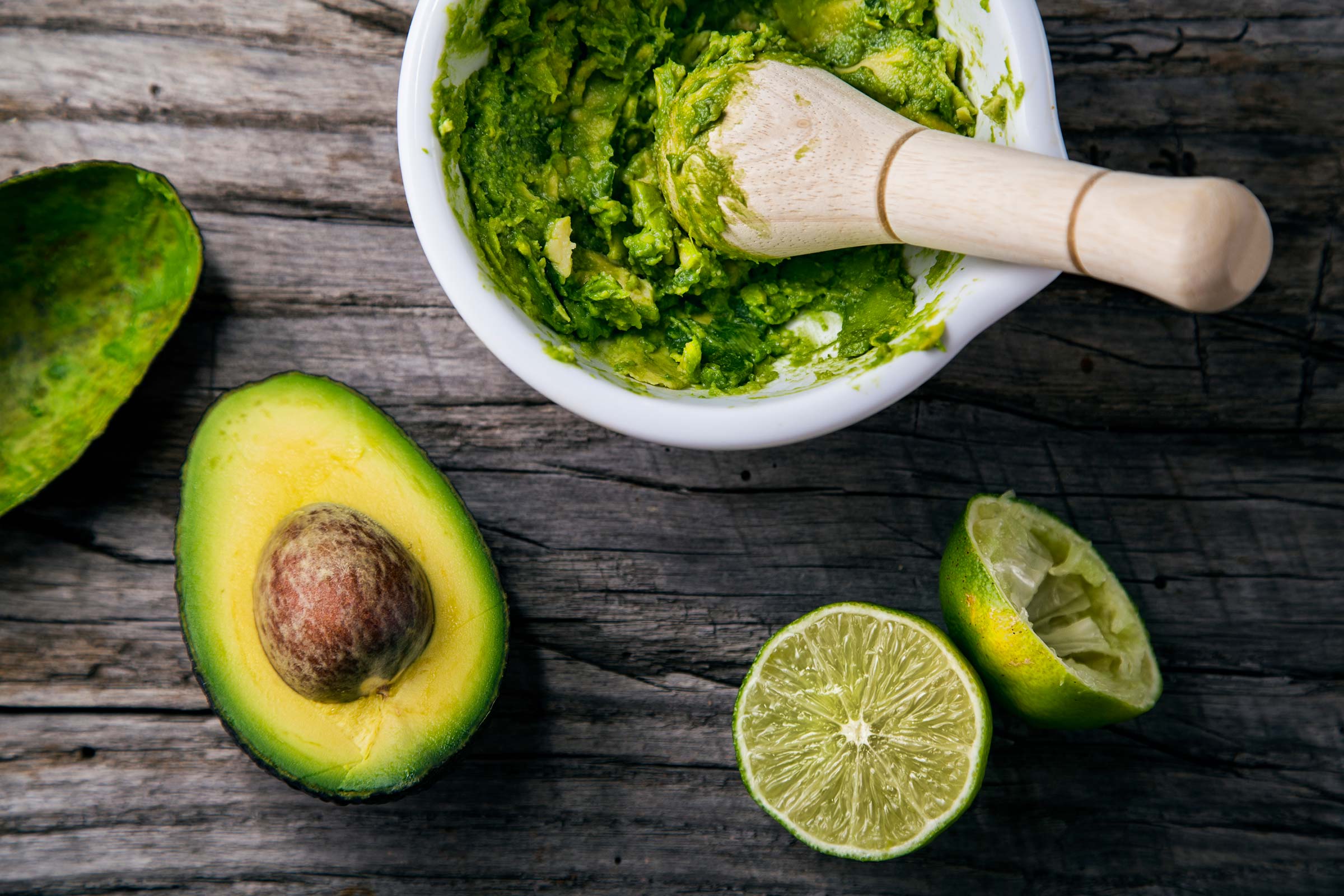Source:- greenmatters.com
While many doctors will prescribe medication to help patients suffering from high blood pressure (and those medications can be very effective), those tend to come with side effects. So in pursuit of avoiding less-than-pleasant side effects, many people have found success in natural remedies. And we’re not talking about natural remedies based on anecdotal evidence, like drinking funky tea or getting into meditation — we’re talking about simple changes to your lifestyle and diet.
Interestingly, high blood pressure typically shows no signs or symptoms, earning it the not-so-cheerful nickname of the “silent killer.” But if you or someone you know has been diagnosed with high blood pressure, there’s no reason to panic just yet. Read on for everything you need to know about high blood pressure and how to naturally manage the condition, which affects about 75 million adults in the U.S.
What Is High Blood Pressure?
High blood pressure, also known as hypertension, is when the blood pressure in your arteries (the force of blood pushing against blood vessel walls) is higher than it should be, according to the American Heart Association. As mentioned above, high blood pressure does not usually show any clear-cut symptoms, but it can lead to a heart attack (the No. 1 cause of death in the U.S.), stroke (No. 3), type 2 diabetes (No. 7), kidney failure, and aneurysms.
What Causes High Blood Pressure?
According to Dr. Michael greger, high cholesterol, which is typically caused by eating meat, dairy, and eggs, is the primary cause of high blood pressure. Other factors include: being overweight, too much sodium, smoking tobacco, drinking too much alcohol, drinking too much caffeine, not exercising enough, and having high stress levels, according to the Mayo Clinic.
Natural Remedies for Lowering High Blood Pressure
The most effective ways to naturally lower high blood pressure is by changing up your diet and lifestyle. But first, the most important step is to see a doctor, and have your blood pressure measured. Talk with your doctor to see if some of the natural remedies listed below could be effective for you. It’s important to keep your doctor in the loop, because your medication levels may need to be adjusted after making any of the following lifestyle changes.
As Dr. Shah told Green Matters, switching to a plant-based diet can help patients curb high blood pressure or other conditions relatively quickly. “If they’re on any medications for diabetes or high blood pressure, we [will see them again] within two to four weeks [after their initial visit] to make sure the medications don’t need to be adjusted, because we definitely don’t want someone to become hypoglycemic or [have] too low of a blood pressure,” she told us. Following that logic, make sure to have your doctor check your blood pressure shortly after making a big change like switching to eating plant-based.
Many doctors tell patients with high blood pressure to reduce their intake of sodium and salt. As explained by Blood Pressure UK, eating too much sodium can cause the muscles of your artery walls to become stronger and thicker, meaning there is less space in the arteries, therefore further raising your blood pressure. Make sure to discuss your recommended maximum daily intake of sodium with your doctor.
Exercise to Lose Weight and Lower Your Blood Pressure
According to the Mayo Clinic, regular physical activity for 30 minutes most days of the week can significantly lower your blood pressure. Not only that, but exercising (especially combined with a healthy plant-based diet) can also help you lose weight, which can also help lower blood pressure.
The type of exercise you do is up to you, but the Mayo Clinic recommends aerobic exercises that will get your heart rate up, such as walking, jogging, or running, swimming, cycling, or dancing. To get more bang for your buck, the Mayo Clinic suggests HIIT (high-intensity interval training) workouts for those who are able to do them. HIIT involves alternating between intensely exercising and light recovery exercises, and a ScienceDirect study found that HIIT can improve resting blood pressure while maintaining heart function.
Cut Back On Alcohol, Caffeine, and Cigarettes
If you regularly drink alcohol, consume caffeine, or smoke cigarettes, consider trying to quit.
According to the Mayo Clinic, every time you smoke one cigarette, your blood pressure rises. A study published on NCBI attributes this to the tobacco and nicotine in cigarettes, which increases cardiac output, and immediately causes a rise in blood pressure.
In terms of alcohol, the American Heart Association asserts that regularly drinking alcohol can “dramatically” raise blood pressure, as well as lead to heart failure, irregular heartbeats, stroke, obesity, alcoholism, and more. If you or someone you know is looking for guidance with quitting drinking alcohol.
The research on how caffeine affects blood pressure isn’t as clear cut. According to an article published by Harvard Medical School, drinking coffee or other caffeinated beverages can immediately raise one’s blood pressure, and that’s why doctors often tell patients not to drink any before getting their blood pressure checked. However, Harvard noted that while many studies have found that drinking caffeine can raise blood pressure, other studies have found that coffee does not significantly affect blood pressure — so if you are a caffeine-drinker, make sure to talk to your doctor.
